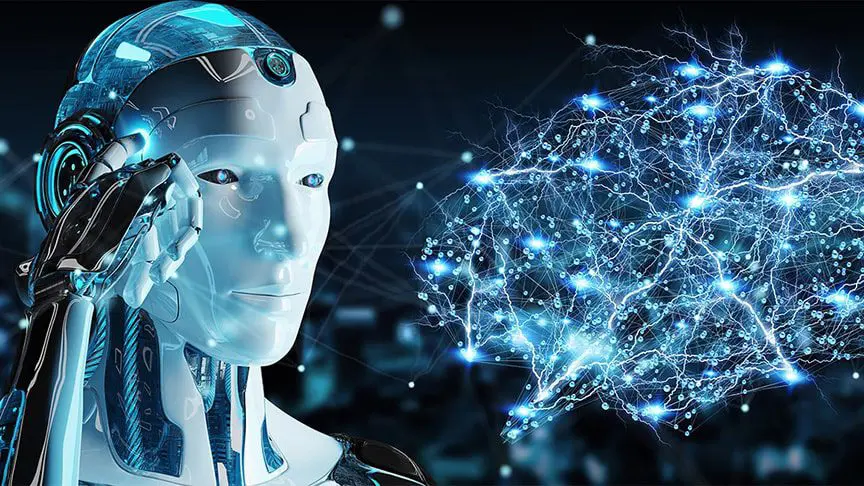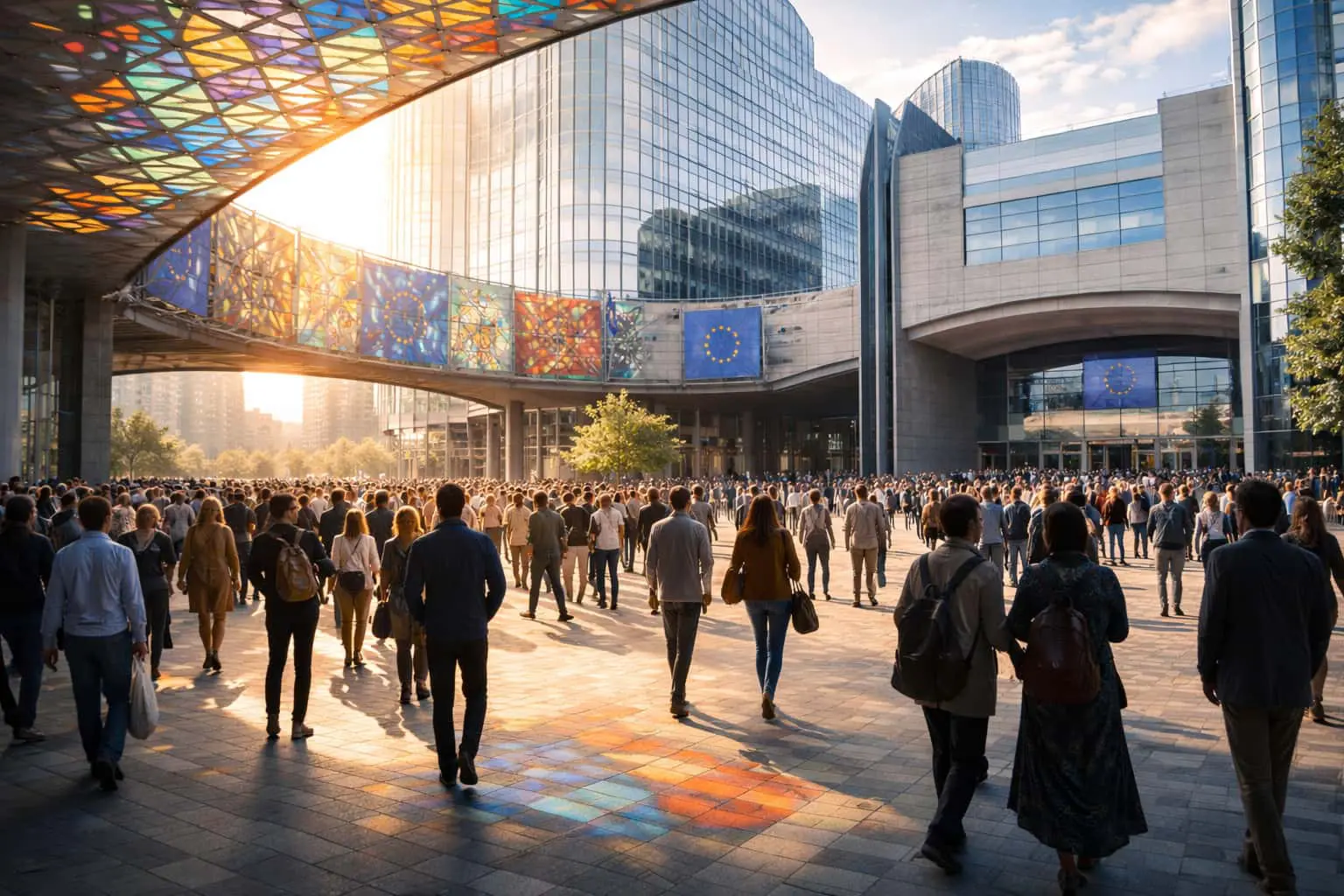Nick Bostrom, professor of philosophy and director of the Institute for the Future of Humanity at Oxford University, is trying to understand what the future holds for humanity. In the course of his research, he put forward an interesting hypothesis – “Singleton” awaits the Earth. Hightech explains what it is.
The singleton hypothesis of the Swedish philosopher Nick Bostrom says that intelligent life on Earth will eventually form a single organization that will take the form of either a world government, artificial intelligence, or a dictatorship to keep order on the planet.
A Singleton can be made up of a group of powerful politicians, an artificial intelligence machine, a resourceful corporation, or even a power-hungry dictator with a powerful army at their disposal.
Why singleton can conquer the world
In his research, Bostrom argues that in the future there may be situations where people support the creation of a separate government body or any AI-based technology that takes control of a global society. For example, this can happen as a result of wars, a pandemic, infrastructure failure due to cyber attacks, due to the technological superiority of some powers over others, or trade conflicts. By the way, the League of Nations, and then the UN, formed after the First and Second World Wars, can be seen as examples of limited forms of “singleton” created in response to global catastrophes. Professor Bostrom argues that when such events occur, human society tends to move towards a higher level of social organization.
There was a time when people lived as hunter-gatherers, then united into different communities, cities, states, religions and countries. As a result, we now live in a globalized world. Singleton may become the next stage of social development.
Technologies that can affect the level of safety in society play an important role in the formation of the “Singleton”. For example, surveillance and communication systems can enable a particular group, government or organization to more actively influence or even manipulate a person’s behavior. Access to such technologies can not only strengthen the dominant position of an agency in society, but also make it virtually impossible for other organizations to compete with it.
How singleton can make the world a better place
According to Bostrom’s hypothesis, a good or ideal “singleton” can improve the situation in society.
No more wars
When one body controls all the military power in the world, the possibility of border conflicts and wars is reduced to zero. A powerful world army under the auspices of the “Singleton” can permanently destroy terrorist organizations and groups propagandizing violence. However, the formation of such a “singleton” may be preceded by various international conflicts, as well as wars.
An end to inequality
Imagine a situation where a human society is ruled by a friendly AI that, by default, cannot distinguish between people based on their race, religion or ethnicity, but offers responsibilities and services based on their skills and abilities. This is possible with an unbiased and intelligent Singleton. The problem is that there is still a long way to go before the perfect AI appears.
No expensive arms race
World military spending in 2020 totaled more than $ 1.980 trillion. For security reasons, countries around the world are embroiled in an endless arms race. This not only endangers the lives of people, but also requires more and more financial resources. However, in the case of a society governed by a Singleton, the arms race is no longer necessary because there is a single force throughout the world.
The hypothesis assumes that the “singleton” does not have to be totalitarian in nature – it can function as a global democratic state, where representatives are engaged in the development of society, and innovations in the field of technology, health care, production are spread and implemented everywhere, without bias and restrictions.
But “singleton” can destroy the world
Singleton could wipe out an entire planet in Terminator style, but the doomsday scenario isn’t the only problem that Nick Bostrom mentioned in his hypothesis.
• A bad Singleton does not promote regional diversity and control, so if it collapses, people may be forced to live in conditions of lack of economic stability, social justice, or the rule of law. Now, if such a situation arises in a certain part of the world, citizens have the opportunity, at least, to migrate to peaceful and more stable places.
• Uncontrolled (and unequal) use of technology and resources by a bad singleton can lead to violations of basic human rights, low living standards, increased inequality, poverty and various other economic and social problems.
• Instead of simplifying the administration process, Singleton can make it more complex by using additional bureaucracy. This will lead to corruption, poor performance, high spending, high tax rates and slower growth in all areas.
• The formation of a “singleton” in a multipolar world like ours is not a foregone conclusion. If someone tries to create a “singleton” by force (for example, another Hitler appears), this will lead to civil wars, world conflicts, cyber war, trade restrictions, which can seriously damage the existing social structure.
The future is unknown
The idea of ”Singleton” is hard to relate to unequivocally. He may have endless possibilities that will lead to irreversible consequences. He may never appear. However, an interesting question arises: if Professor Bostrom turns out to be right, will humanity support the creation of the “Singleton” or oppose it?







